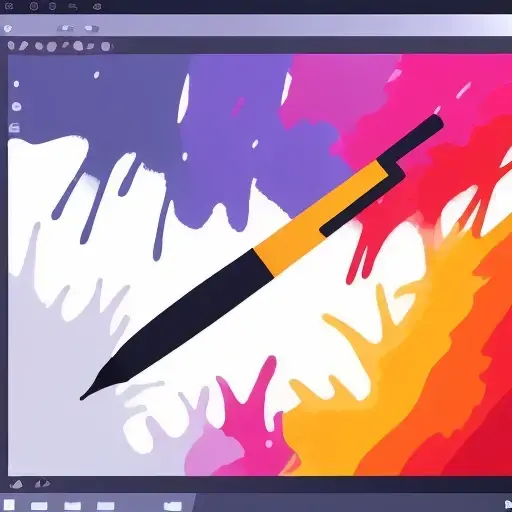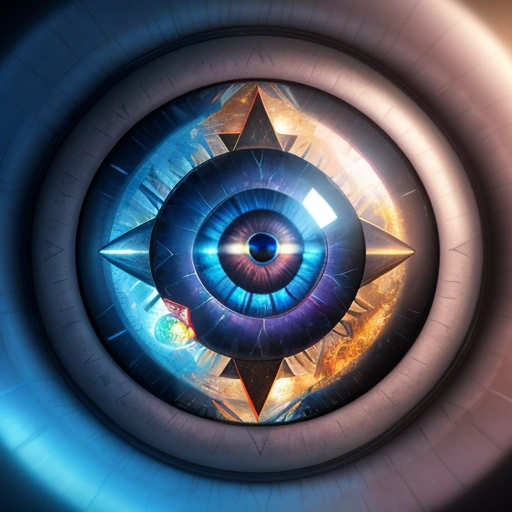- 1.2K Posts
- 901 Comments

 3·2 days ago
3·2 days agoI’m not a bot.

 1·2 days ago
1·2 days agoMy first time seeing someone go to bat for Kadokawa, considering how they treat their employees.

 84·3 days ago
84·3 days agoKadokawa group sucks.

 610·3 days ago
610·3 days agoI hope they release it.

 2·3 days ago
2·3 days agoIt’s pretty cool. https://github.com/Acly/krita-ai-diffusion?tab=readme-ov-file

 1·4 days ago
1·4 days agoDunno, but you could ask the OP I linked in the text.

 5·6 days ago
5·6 days agoHere’s one. Did they overfit their model and think they could block the bad prompts?
Those were still the rules when I left last year. People will upvote misinformation in the face of proof on there and here on lemmy.

 381·6 days ago
381·6 days agoMusic copyright is such a shitshow. It doesn’t surprise that they would try this.
Edit: I just heard the generated songs that are part of the lawsuit. They’re pretty fucked if this is true,
How to safely move a live wire.

 3·8 days ago
3·8 days agoI’m just wondering if it’ll be Open Source. It seems like they’re working for Nvidia now.
Tiamat-8b-1.2-Llama-3-DPO-GGUF


 2·11 days ago
2·11 days agoThis isn’t undermining artists, it’s expanding access and knowledge, enabling individuals to take control of their own destinies. Open-source AI will empower artists, existing artists and newly active or returning artists who give this new medium a shot, by giving them the new tools that will push the frontiers of self-expression and redefine creativity this decade.
100 years ago photographers and filmmakers significantly disrupted the careers of most illustrators, story tellers, and theater companies of the time. Despite this, storytelling and image making exploded, entering a new golden age. Musicians panicked over the use of synthesizers in the 80s too often refusing to work with people involved with synthesizers. As a result, there are fewer drummers today than in 1970, but out of that came hip hop and house. Suppressing that tool would have been a huge cultural loss. Generative art hasn’t found its Marley Marl or Frankie Knuckles yet, but they’re out there, and they’re going to do stuff that will blow our minds. Cutting edge tools and techniques have always propelled art and artists forward. Every advancement a leap forward, leaving behind constraints and enabling more people to pursue their creative aspirations.
That reminds me of a presentation I saw a little while back.
If you want to fight against people’s right to freely communicate and express themselves, be my guest, but it’s not a fight you can win.

 1·12 days ago
1·12 days agoGiving all people a tool to help them more effectively communicate, express themselves, learn, and come together is something everyone should get behind.
I firmly believe in the public’s right to access and use information, while acknowledging artists should retain specific rights over their creations. I also accept that the rights they don’t retain have always enabled ethical self-expression and productive dialogue.
Imagine if copyright owners had the power to simply remove whatever wasn’t profitable for them from existence. We’d be hindering critical functions such as critique, investigation, reverse engineering, and even the simple cataloging of knowledge. In place of all that good, we’d have an ideal world for those with money, tyrants, and all those who seek control, and the undermining of the free exchange of ideas.

 1·12 days ago
1·12 days agoTaking artists’ work without consent or compensation goes against the spirit of open source, though, doesn’t it?
It doesn’t. Making observations about others’ works is a well-established tool for any researchers, reviewers, and people inventing new works. A concept which work perfectly within the open source framework. That’s all these models are, original analysis of its training set in comparison with one another. Because it’s a step one must necessarily take when doing anything, doing this doesn’t require anyone’s permission and is itself a right we all have.

 2·12 days ago
2·12 days agoI’m not fighting for the extremely wealthy, I’m fighting for the existence of competitive open source models. Something that can’t happen with what you’ve proposed. That would just hand corporations a monopoly of a public technology by making it prohibitively expensive to for regular people to keep up with the megacorporations that already own vast troves of data and can afford to buy even more.
This article by Katherine Klosek, the director of information policy and federal relations at the Association of Research Libraries does a good job of explaining what I’m talking about.

 1·12 days ago
1·12 days agoI don’t think they have to, the point is to fight against regression of public rights for the benefit of the few.

 1·12 days ago
1·12 days agoSo the question that comes to mind is exactly how, on a practical level, it would work to make sure that when a company scrapes data, trains and AI, and then makes billions of dollars, the thousands or millions of people who created the data all get a cut after the fact. Because particularly in the creative sector, a lot of people are freelancers who don’t have a specific employer they can go after. From a purely practical perspective, paying artists before the data is used makes sure all those freelancers get paid. Waiting until the company makes a profit, taxing it out of them, and then distributing it to artists doesn’t seem practical to me.
This isn’t labor law.






So Kadokawa had this failing mobile game named Kemono Friends, but they wanted a TV anime for it, so they get Omoto Tatsuki to direct it. He takes their product and actually turns it into something people want to watch, going as far as, releasing supplemental clips from the show on Twitter and even arranging a collaboration with the Tobu Zoo in Saitama Japan. This collab gave us the tragic saga of Grape-kun the Humbolt Penguin, a meme in its own right. Since the show didn’t have much of a budget he hired no-name voice talent, launching their carriers thanks to the popularity of the show.
Ultimately, it was the clips on Twitter that did him in if rumors are to be believed. He was sharing clips as usual, but Kadokawa wanted that content for the home video special features, so they fired him abruptly. He already saved Kemono Friends for them, so they cut him loose.
I’m interested to see who else they screwed over, considering they also got caught bribing the Tokyo 2020 Organizing Committee to secure a sponsorship deal.